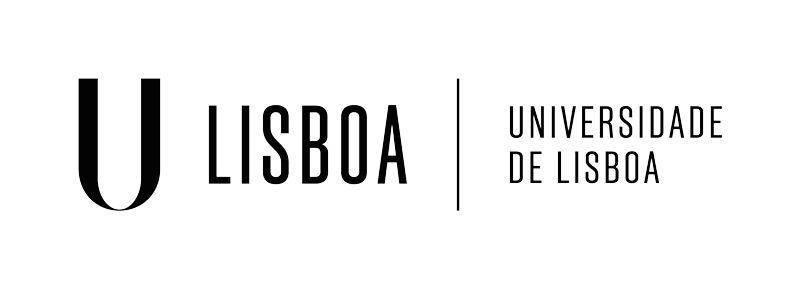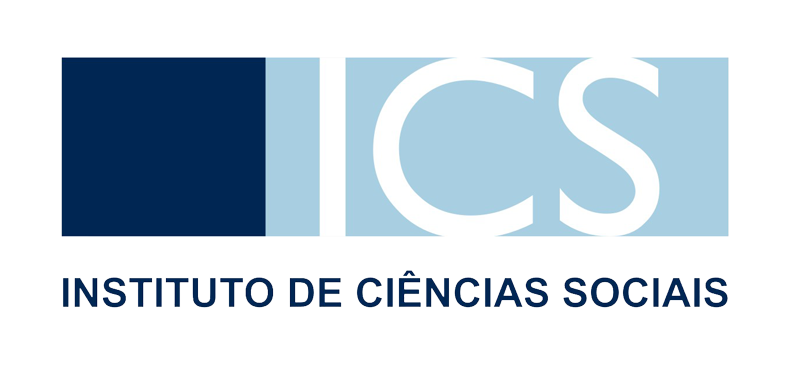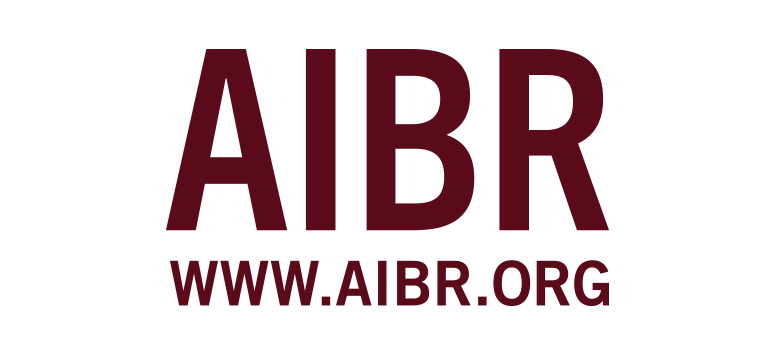
New anthropological
horizons in and beyond Europe
20-24 July 2020, Virtual Lisbon conference
ISCTE-University Institute of Lisbon and ICS-Institute of Social Sciences, University of Lisbon
The history of EASA conferences started 30 years ago in Portugal, in Coimbra, with the conference 'Anthropology and Europe'. EASA2020 celebrated the anniversary and deliberated the present, with a 1900-delegate, fully virtual conference New anthropological horizons in and beyond Europe. Thanks to all who participated this year.
Delegates can download certificates of attendance via the Log in environment (Cocoa); the recorded plenaries and panels are now available embedded in the panel explorer. While the plenary videos are public, the panel/paper videos are only availble to logged in delegates.
EASA2020 offered 199 panels with 1200 papers over four days; 1790 delegates attended (from 1969 registrations). Average attendance at panels/roundtables was 35 (plus convenors) staying for an average of 112 minutes. 25% of panels had in excess of 40 attending; the most popular had 140. The plenaries ranged from 280-800 attendees and 216 attended the final party. While attendance peaked on the second day it was otherwise even/held strong till the end.
The EASA President takes you behind the scenes of what is involved in putting on such a large virtual event. Read her article.
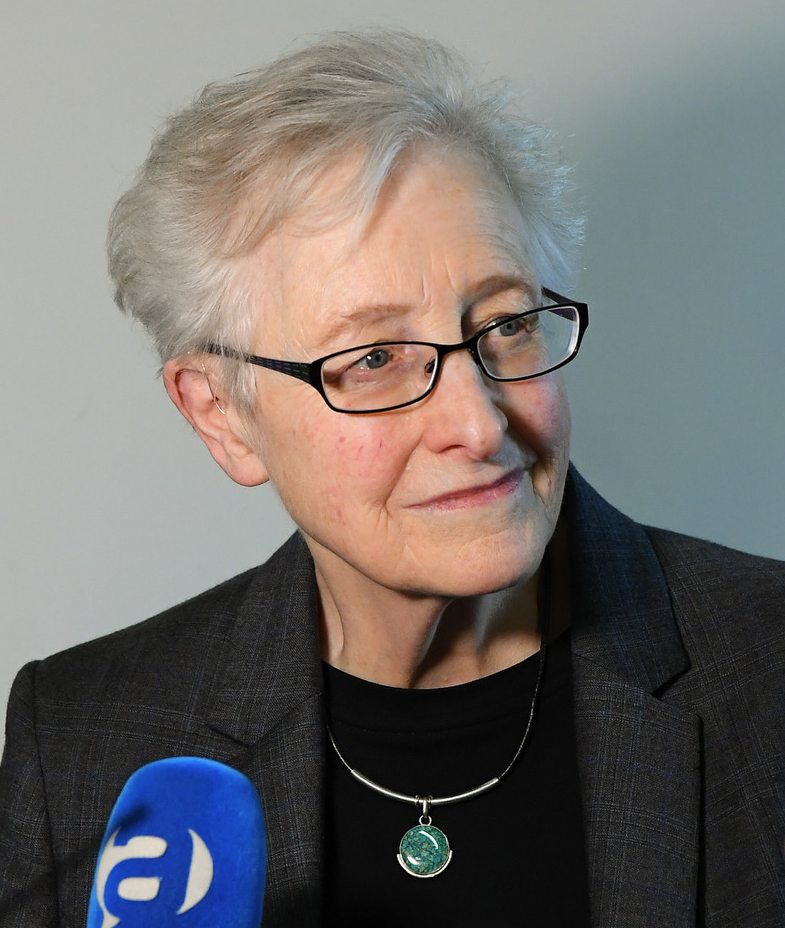
Keynote: Terms of Engagement by Marilyn Strathern
Anthropology is nothing if it is not a particular way of describing the world. Yet what is most precious to it -- the terms and concepts that mark it as a discipline -- can also be the most tricky. When resurgent boundaries and exclusions twist truth-telling and faking in any which way, anthropology might find a new urgency in thinking about the conceptual life it tries to express. How it engages has always depended on (attention to) how terms are used, something shared with those who people its subject matter. Today critical attention has never been more important. An exploration into the colourings and resonances of diverse verbal usages, old and new, points to moments where language works both with us and against us. Indeed supports for xenophobia and the like may be embedded where least expected. Out of it all, the lecture imagines a future for anthropological exposition. There could be no better place to start than in EASA’s many-languaged company.
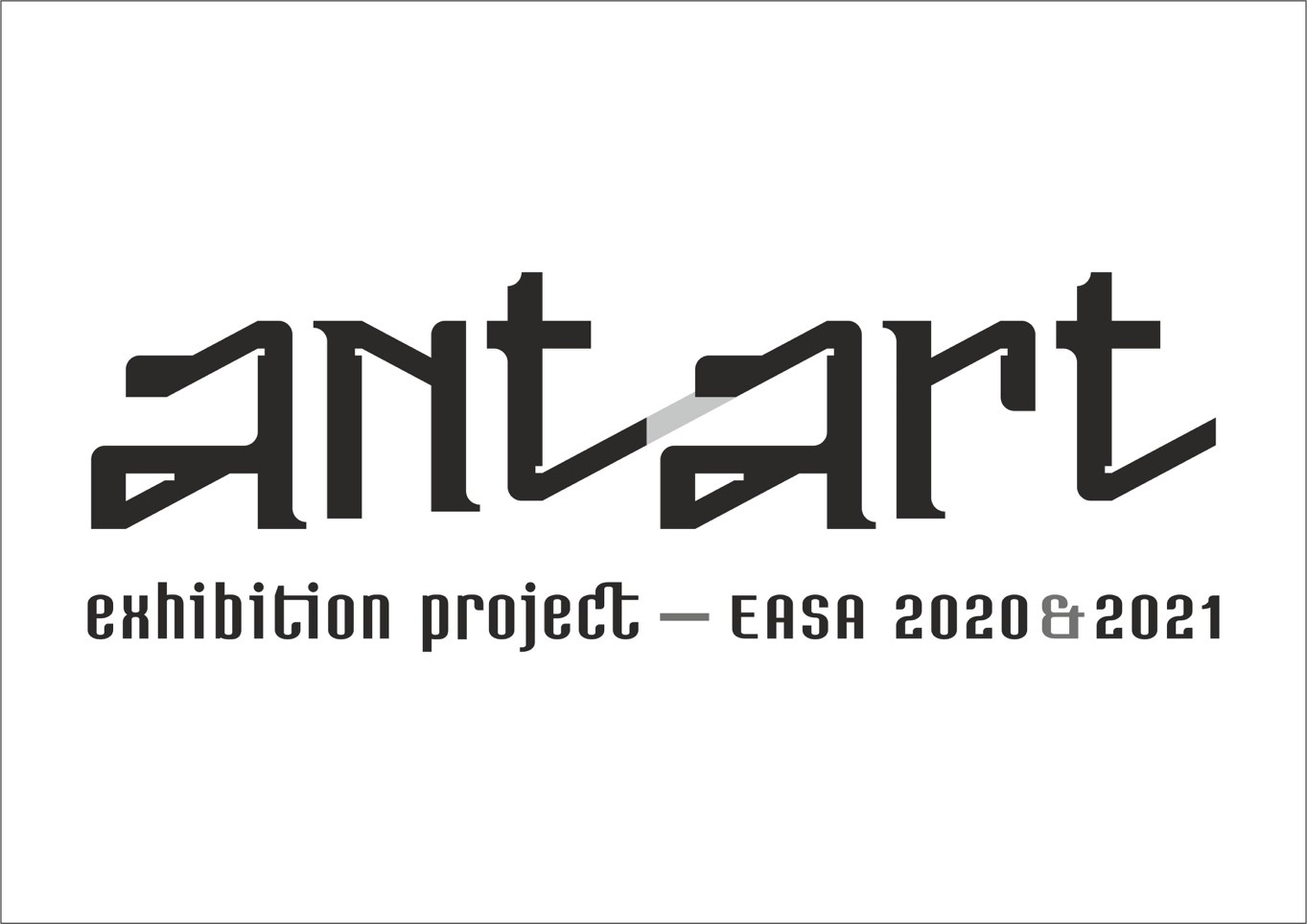
Field/Works. Kaleidoscopic activities between anthropology and art
2020 Location: Online
2021 Location: Faculty of Fine Arts of the University of Lisbon
The exhibition Field/Works. Kaleidoscopic activities between anthropology and art
presents works by anthropologists and artists who break disciplinary boundaries, and whose practice foregrounds experimental, and open approaches to the theme
'field/works'. It extends the established anthropological interest in writing as a medium of thought and
knowledge sharing, and engages with curation and creation through visual, audio, and performing arts.
The exhibition is organized by the ANTART (Anthropology and the Arts) network in
collaboration with the FBAUL (Faculty of Fine Arts) at Lisbon University.
The hosts
ISCTE-University Institute of Lisbon and ICS-University of Lisbon are the host institutions. ISCTE is a research
university focused on social sciences, management and technologies, and ICS is the social science research
center of the University of Lisbon. Although distinct public universities, they share the campus of the
University of Lisbon.
The local committee
Headed by Miguel Vale de Almeida (ISCTE-IUL and CRIA) and Susana Matos Viegas (ICS-UL) the local committee is
representative of the diversity of anthropological institutions in Portugal: Antónia Pedroso de Lima (ISCTE and
CRIA), Catarina Alves Costa (NOVA FCSH and CRIA), Catarina Fróis (ISCTE and CRIA), Clara Saraiva (FLUL),
Cristiana Bastos (ICS-UL), Humberto Martins (UTAD and CRIA), Irene Rodrigues (ISCSP-UL), João Pina Cabral (U
Kent), José Mapril (NOVA FCSH and CRIA), Maria Cardeira da Silva (NOVA FCSH and CRIA), Marina Pignatelli
(ISCSP-UL and CRIA), Manuela Ivone Cunha (U Minho and CRIA), Simone Frangella (ICS-UL), Nuno Domingos (ICS-UL)
and Mafalda Melo de Sousa as secretary on behalf of CRIA (Center for Research in Anthropology, Portugal).
The Scientific Committee
Sarah Green (Chair of
SciComm, President of EASA), Susana Viegas (Local Committee), Maria Cardeira da Silva
(Local Committee), Georgeta Stoica (EASA Executive Committee), Monica Heintz (EASA Executive Committee), Christina Toren (additional member), Adam Kuper (additional
member), Jorge Grau Robollo
(additional member), Fabio Vicini
(additional member).
Film selection committee
Catarina Alves Costa, Humberto Martins, Sofia Sampaio, Rodrigo Lacerda, Amaya Sumpsi, Inês Ponte
Conference volunteers
Agata Czech, Agness Mumba Wilkins, Amanda Guerreiro, Amanda Vinson, Amelie Lange, Ana Daniela da Silva Guerreiro, Ana Sanchez, Ana Verena Menezes, Andreia Filipa Antunes Mendes, António Gouveia Vieira Alves, Ash Patel, Asso'o Jeanne Rita Kantu, Carla Ventura, Catarina Barata, Cindy Wilhelm, Daniel Boa Nova, Denise Monzani da Rocha, Dorothea Breier, Douglas Santos da Silva, Edmilson Estephan Regalla Sariot Menut, Eunice Njoki, Fabiana Anselmo Polido Lopes, Gabija Kucinskaite, Gareth Wall, Hanine Habig, Harsh Vasani, Inês Casimiro Soares Anacleto, Inês de Jesus Amaro, Isabela Letícia Cassis Augusto, Iva Grubiša, Joana Diniz, Joana Vidal Maia, João Pedro Rangel Gomes da Silva, Juliana Gazzinelli de Oliveira, Laura Di Pasquale, Laura Filardi, Lauren Baxter, Lilla Dory, Linda Austere, Louise Elstow, Lucas dos Santos Guimarães da Fonseca, Luis Toledo, Madalena dos Santos Serra, Mafalda Melo Sousa, Maja Flajsig, Mandy Gil, Maria Inês Pereira de Jesus, Mariana Anginho Évora, Marta Maia, Matheus Fred Schulze, Megan Wainwright, Melissa Crane, Michael Konye, Mikael Martinho Guerreiro, Naomi Hammett, Nora Bataityte, Paul Mugambi Makunyi, Rafael Poiate, Raitamaria Mäki, Renée van der Wiel, Ruth O'Sullivan, Saara Hanna Mildeberg, Sally Xiao, Sara Lago, Tânia Raquel Jaleco Rodrigues, Vida Koster







